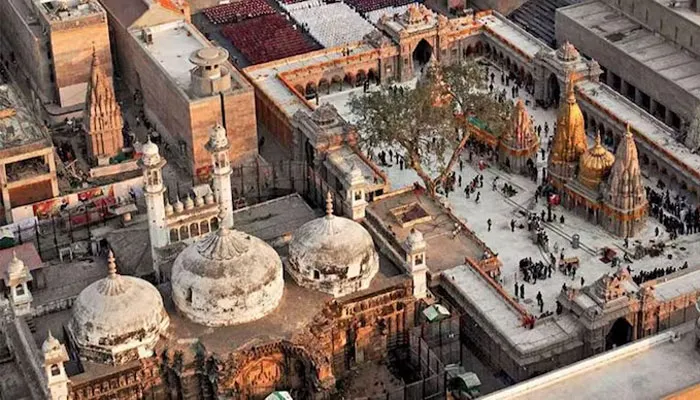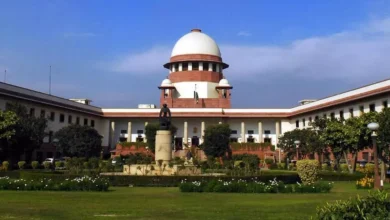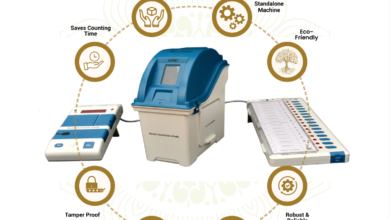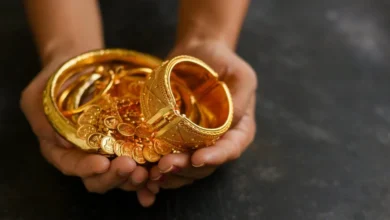Hard copies of Gyanvapi survey report only for parties to case, says Varanasi District Judge
To prevent any potential misinformation on social media, the court avoided distributing soft copies and withheld release of Gyanvapi survey report to the public

The Varanasi district judge overseeing the Gyanvapi case announced today that only hard copies of the Archaeological Survey of India’s survey report on the Gyanvapi mosque would be provided to those who are party to the case. The decision is a strategic move to prevent any potential misinformation on social media, leading to the withholding of the report’s public release and the avoidance of distributing soft copies. It may be a week before the report is made public.
The judge highlighted the sensitivity of the case, especially considering the current timing. The Gyanvapi case is one of the several temple-mosque disputes that have emerged in the wake of the Ayodhya Ram Janambhoomi issue.
This decision comes shortly after the consecration of the Ram temple in Ayodhya on Monday, around five years after the Supreme Court granted permission to build a temple on the disputed site. The sealed Gyanvapi report, filed almost a month ago in the Varanasi court, is crucial to the decision in the ongoing case. The Hindu side contends that the mosque stands atop a temple and claims the right to worship.
The Archaeological Survey of India (ASI) started the survey on the Gyanvapi mosque on August 4 last year. The survey excluded only the Wuzukhana area, sealed by the Supreme Court’s order. The ASI (Archaeological Survey of India) submitted the report after getting more time from the court. The court had initially ordered the survey on July 21, and the ASI needed extra time to complete and submit their findings.
This directive followed a petition by four women who argued that it was crucial to determine whether the historic mosque was constructed after demolishing a Hindu temple.
In April of the previous year, responding to the petition, the court had ordered a video survey of the complex. The subsequent survey conducted in May revealed a structure in the Wuzukhana, identified by the petitioners as a ‘shivling.’
You might also be interested in –Gyanvapi case: Allahabad HC rejects Muslim Side plea, allows temple restoration suit



